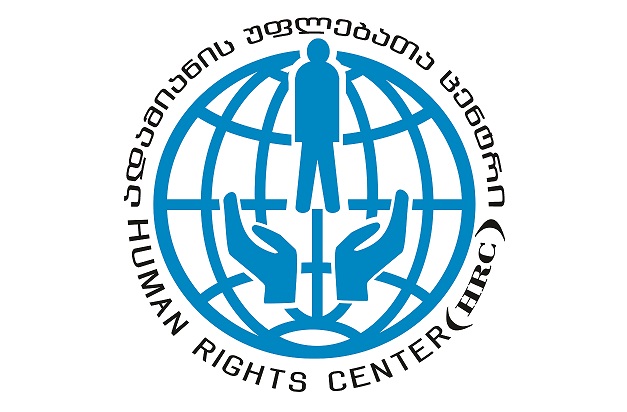HRC studies the facts of violations of human rights during and after the period of the state of emergency established due to the coronavirus pandemic, further HRC identifies the main trends in human rights violations and provides an expert legal aid to the persons victims of the human rights violations.
Within the current project titled Free Legal Advocacy and Human Rights Monitoring after the Pandemic supported by the Embassy of the Netherlands in Georgia, HRC monitors identified the dominant socio-economic problems from the interaction with local residents when visiting some of the villages in 5 regions of Georgia (Shida Kertli, Kvemo Kartli, Kakheti, Imereti and Samegrelo) and also from the formal requests of the residents to obtain free legal aid services from HRC. In particular, a large portion of applications filed with HRC is related to the financial liabilities of the population with banks and other financial organizations bearing particularly painful effects on the background of the pandemic crisis and the depreciation of lari.
Starting from March 2020, because of the recent development and expected risks caused by the spread of the new coronavirus (COVID-19) in the country, several commercial banks in Georgia offered customers a three-month grace period. The loans had to be deferred without the capitalization of interests payable. Three months later, the commercial banks allowed for the suspension of repayments on debts for another three-month period.
Firstly, we have to welcome the decision to defer loans during the critical period adopted by the large commercial banks and some of the microfinance organizations operating in Georgia, the decision made within the corporate social responsibility. However, due to the situation as it has developed, the process did not run smoothly and number of problems were identified, namely:
-
At the initial stage, the benefits offered by the commercial banks had to concern almost all of their clients. According to the statements made by the banks, SMS notifications were sent to all their customers offering the postponement of the loans, while the customers could refuse the offer by responding to SMS in a specific manner. However, the HRC monitoring identified a number of individuals who did not wish to have their loans deferred as they did not formally accepted the offer, but still the loans were deferred against their will.
-
During the spread of the pandemic, there could be always observed a low level of information provision and low level of clients’ awareness of the decisions made by the banks.
-
HRC identified particular cases where despite many public statements made in advance by the banks, the citizens had to pay an increased amount of interest after the loans were deferred.
-
During the state of emergency in the country established due to the stringent epidemiologic situation, where many of the rights of citizens were restricted, including the right to free movement, some of the citizens were unable to meet their financial obligations in time due to the reasons beyond their control resulting in overdue payments. Further, HRC identified particular cases where under the same circumstances some of the banks did not take into account the force majeure situation and imposed fines or penalties on customers causing the increase in both the overall and monthly interest payments on the loans.
Unfortunately, the banks, that must be guided with especially high social responsibilities, despite the crisis, are carrying on the proceedings of evictions from houses of the citizens who failed to fulfill the obligations towards the banks, and the process is even more facilitated by the lack or inefficiency of the services and protecting mechanisms available in the country to the individuals subject to eviction. Such a situation is also caused by the non-compliance of the regulatory framework and practice with the obligations undertaken under the international law. However, in the extraordinary situation created by the spread of the coronavirus, it is a must that banks like any other large corporation act with high social responsibility and do not contribute to the human rights violations.
We call on the banks and other financial organizations operating in Georgia:
-
to provide detailed and comprehensive information to customers on new payment schedules for the deferred loans;
-
not to increase the amount of the loans deferred under the policies of corporate social responsibility taking due account of the force majeure situation; in the cases where the principal amount of the loan has increased due to the deferral of the loan, to correct it immediately;
-
given the difficult economic situation in the country caused by the pandemic, to carry the activities within the policies of high corporate social responsibility and announce a moratorium on the proceedings of eviction of the individuals who are at the risk of staying homeless due to the non-fulfillment of the financial obligations.
Human Rights Center
News
December 13, 2023
Ethnic minorities outside the peace dialogue
November 6, 2023
‘Peace’ agenda of political parties
Popular
Articles
February 13, 2024




